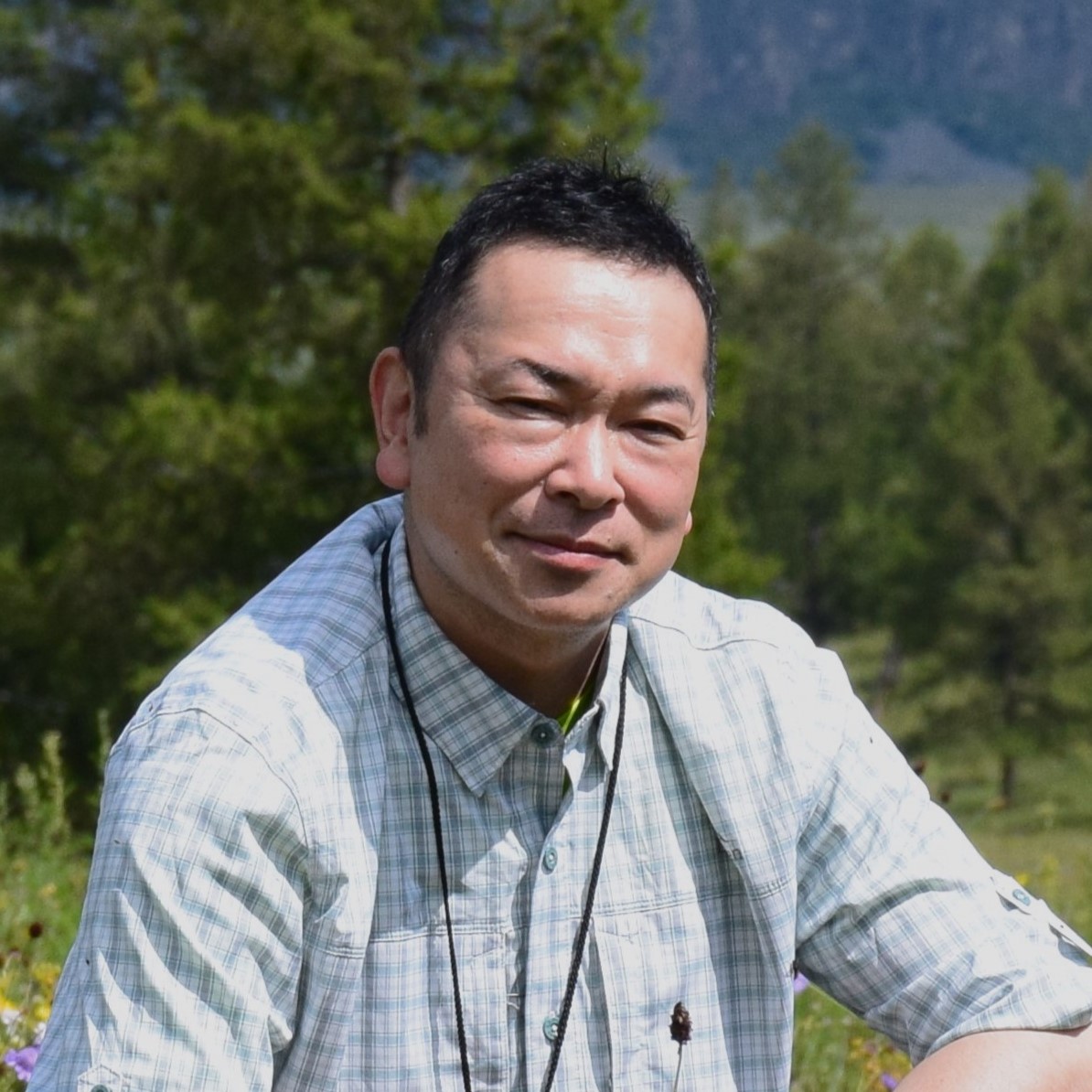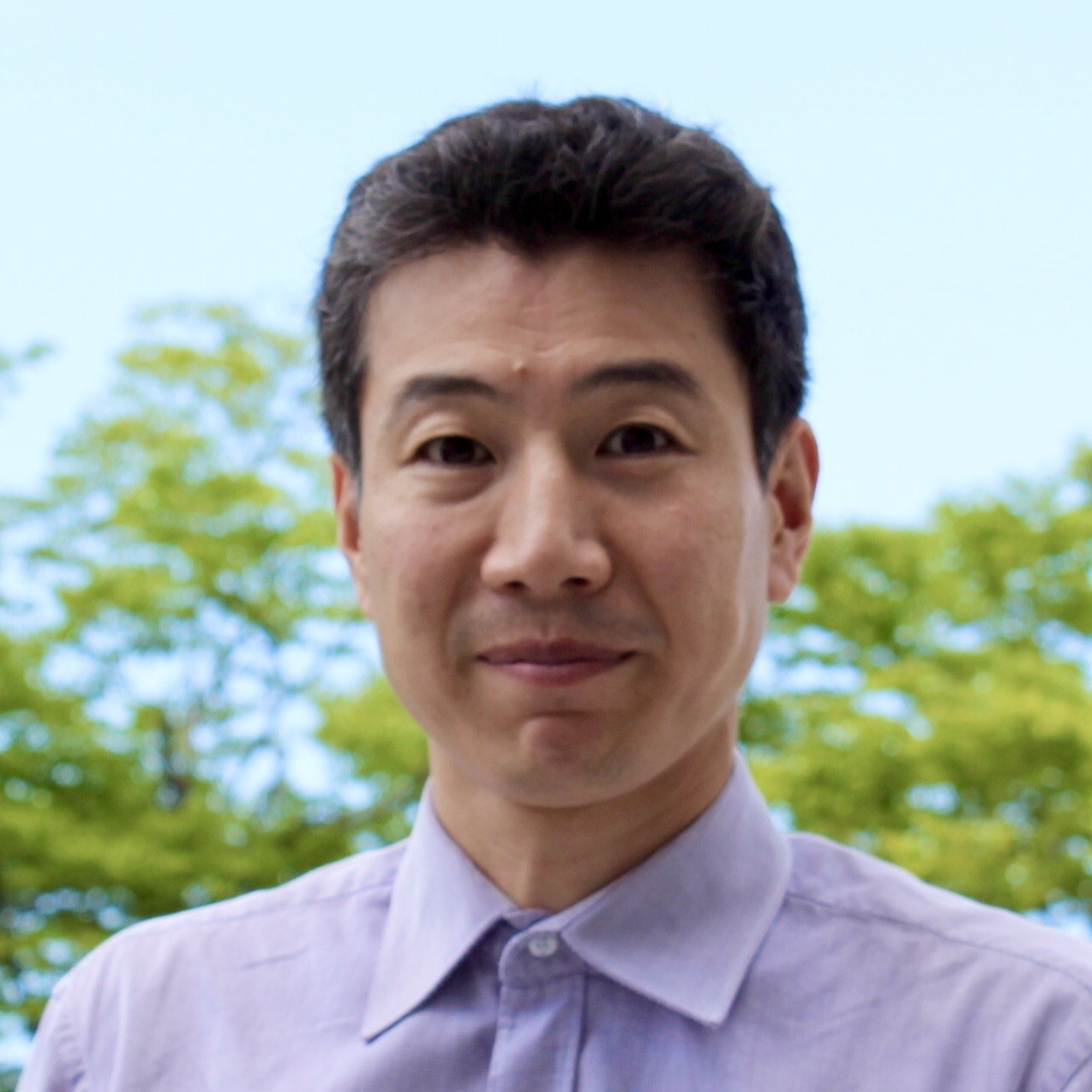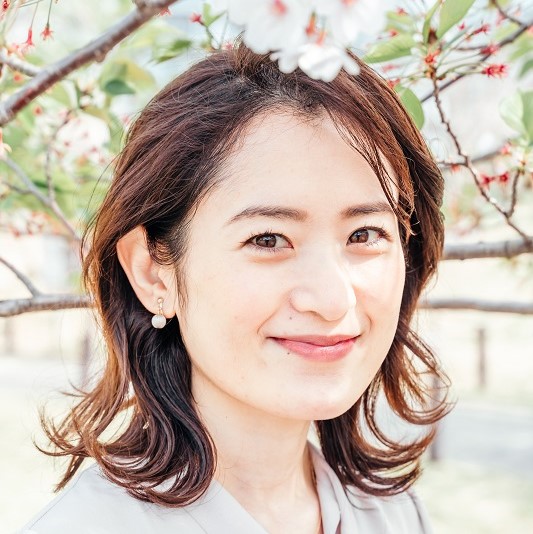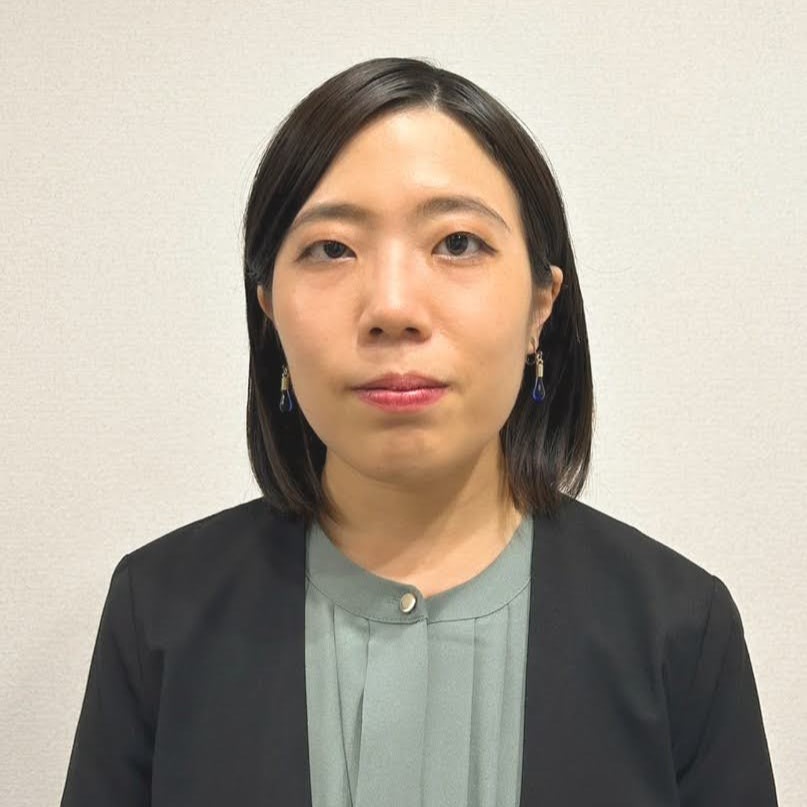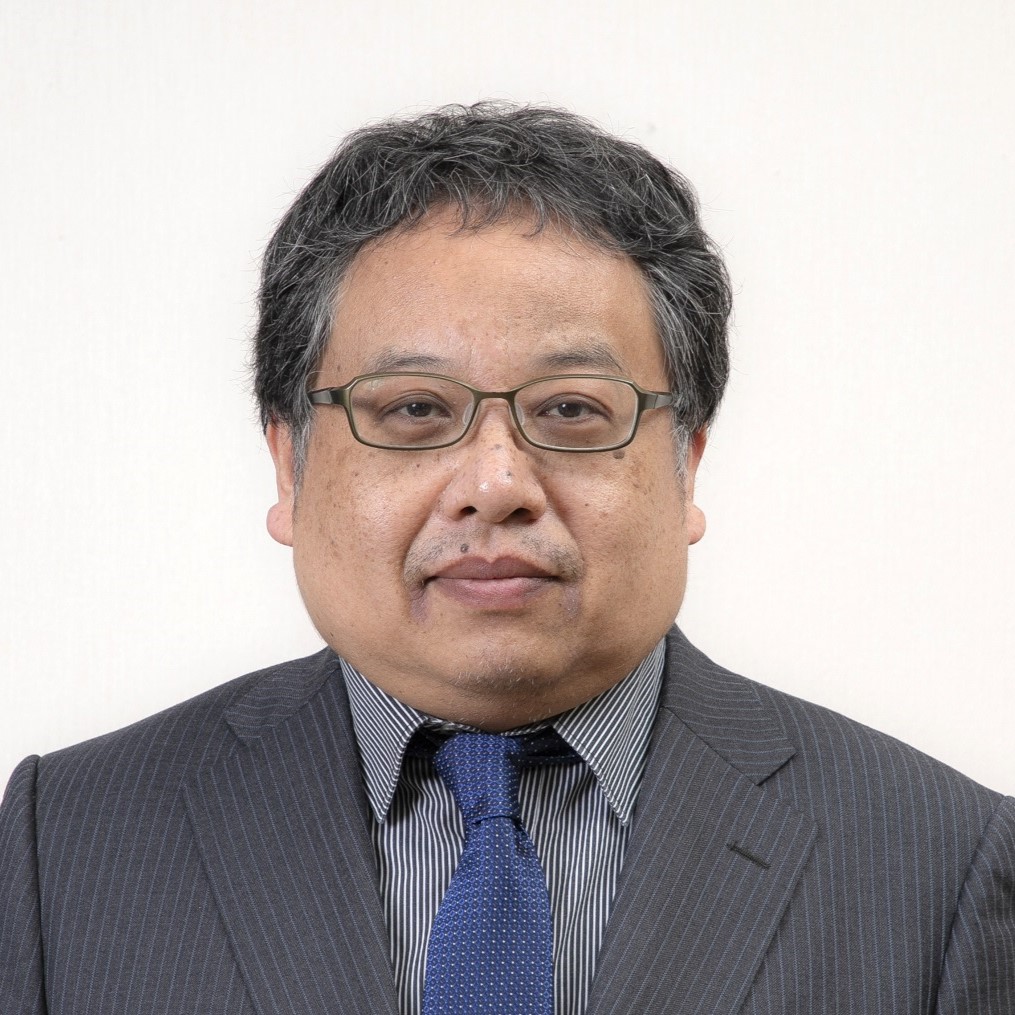
From Resources to the World
Our country relies heavily on overseas sources for many of its resources. This dependence extends not only to energy resources such as crude oil and natural gas but also to iron ore for steel production and phosphate rock for fertilizers. This reliance on foreign resources is natu-rally intertwined with international affairs. There are ethical concerns, such as resources from conflict zones funding weaponry or the use of resources mined through slave-like labor. "Resource Studies" is an interdisciplinary field that approaches these issues not only from the perspectives of science and engineering but also from the humanities and social sciences. Unique in Japan, our course equips individuals with the ability to analyze and resolve intricate resource-related challenges from a "humanities" viewpoint. This includes deepening the understanding of international affairs and the roles of both resource-producing and consum-ing countries. Many of our students cultivate a global outlook through long-term study abroad experiences and go on to work in government agencies related to energy and resourc-es, trading companies, manufacturers, and other international fields. "Plus Ultra" (Further Beyond) - these words were spoken by Charles V, Holy Roman Emper-or in the early 1500s to signify boldly going beyond the edge of the known world. Likewise, we look not only at Japan and the current threshold of knowledge, but beyond, to the world and the future. Would you like to join us in looking beyond as well?
Head of the Resource Policy Course Masataka Tamai
 Dept. of Resource Policy and
Management
Dept. of Resource Policy and
Management
